Is pancreatic cancer hereditary? Are there any genetic mutations associated with it? Our pancreatic cancer expert Florencia McAllister, M.D., weighs in on these questions and seven more.
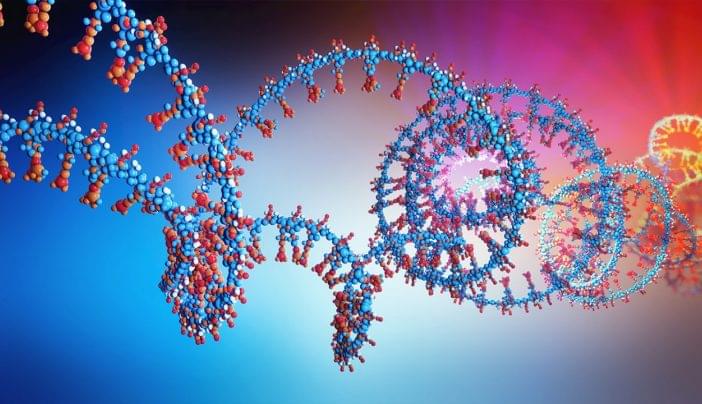


In a study from Yale-NUS College, researchers found evidence that metabolic dysfunction is a primary cause of Alzheimer’s disease is the most common neurodegenerative disease affecting the elderly worldwide, as well as one of the most common causes of dementia. In Singapore, one in 10 people aged 60 or above is believed to suffer from dementia.
Researchers at Harvard University are investigating whether human genes could reverse the effects of aging. NBC Medical Fellow Dr. Akshay Syal got exclusive access to their lab to discuss the future of how to defy aging.
» Subscribe to NBC News: http://nbcnews.to/SubscribeToNBC
» Watch more NBC video: http://bit.ly/MoreNBCNews.
NBC News Digital is a collection of innovative and powerful news brands that deliver compelling, diverse and engaging news stories. NBC News Digital features NBCNews.com, MSNBC.com, TODAY.com, Nightly News, Meet the Press, Dateline, and the existing apps and digital extensions of these respective properties. We deliver the best in breaking news, live video coverage, original journalism and segments from your favorite NBC News Shows.
Connect with NBC News Online!
NBC News App: https://smart.link/5d0cd9df61b80
Breaking News Alerts: https://link.nbcnews.com/join/5cj/breaking-news-signup?cid=s…lip_190621
Visit NBCNews. Com: http://nbcnews.to/ReadNBC
Find NBC News on Facebook: http://nbcnews.to/LikeNBC
Follow NBC News on Twitter: http://nbcnews.to/FollowNBC
#NBCNews #Aging #Science
No questions concerning plasma dilution or E5, but a good interview with chapters.
Professor Matt Kaeberlein discusses the Dog Aging Project, longevity, Rapamycin, mTOR, and if we can ‘solve aging’
Timestamps:
0:00 Dog Aging Project.
4:18 Intermittent fasting.
10:23 Best longevity lifestyle.
16:25 Rapamycin & mTOR
23:27 Rapamycin human study.
30:18 Protein restriction diets.
39:46 Combination longevity therapies.
45:38 SGLT2i therapies.
47:23 Metformin & longevity.
52:50 Navigating misinformation.
55:28 Creatine.
59:00 Best exercises for longevity.
01:03:00 Can we solve aging?
01:09:45 Epigenetic reprogramming.
1:16:50 Supplements Dr Kaeberlein takes.
Donate towards our Rapamycin & Exercise clinical study: https://bit.ly/3QwugRx.
My full supplement stack: https://drstanfield.com/my-supplements/

Our bodies harbor countless microbes—and so do our tumors, it turns out. Over the past 5 years, researchers have shown cancer tissue contains entire communities of bacteria and fungi. Now, it appears some of the bacteria may be cancer’s accomplices. In a paper in this week, a team led by Susan Bullman of the Fred Hutchinson Cancer Center reports that in oral and colorectal tumors, bacteria live inside cancer cells and boost their production of proteins known to suppress immune responses. The microbial interlopers may set off a chain reaction that prevents the immune system from killing cancerous cells, and they may also help cancer metastasize to other parts of the body.
The study doesn’t entirely clinch the case for a bacterial role in cancer, but it is very suggestive, says Laurence Zitvogel, a tumor immunologist at the Gustave Roussy Institute. “It shows that bacteria in colorectal and oral tumors can actively disturb the immune equilibrium,” she says.
Confirmation that microbes can cause tumors to grow or spread could open up new ways to make cancer treatment more effective, for instance by killing bacteria with antibiotics. And because each type of cancer appears to come with a unique microbiome, researchers are exploring whether microbes could be used as a diagnostic tool to detect cancer early in a blood sample.
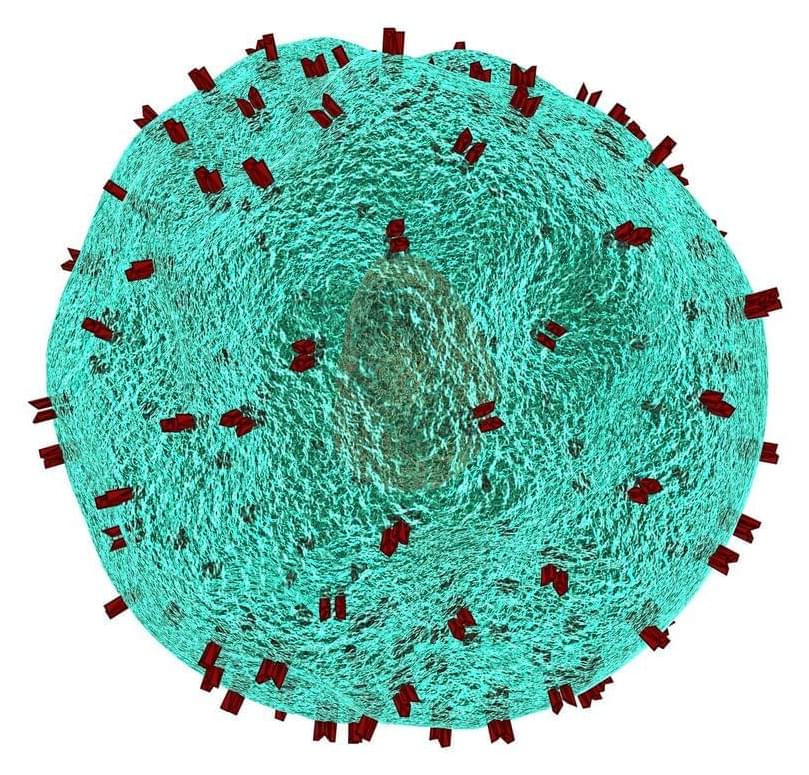
Engineered immune cells, known as CAR T cells, have shown the world what personalized immunotherapies can do to fight blood cancers. Now, investigators have reported highly promising early results for CAR T therapy in a small set of patients with the autoimmune disease lupus. Penn Medicine CAR T pioneer Carl June, MD, and Daniel Baker, a doctoral student in Cell and Molecular Biology in the Perelman School of Medicine at the University of Pennsylvania, discuss this development in a commentary published today in Cell.
“We’ve always known that in principle, CAR T therapies could have broad applications, and it’s very encouraging to see early evidence that this promise is now being realized,” said June, who is the Richard W. Vague Professor in Immunotherapy in the department of Pathology and Laboratory Medicine at Penn Medicine and director of the Center for Cellular Immunotherapies at Penn’s Abramson Cancer Center.
T cells are among the immune system’s most powerful weapons. They can bind to, and kill, other cells they recognize as valid targets, including virus-infected cells. CAR T cells are T cells that have been redirected, through genetic engineering, to efficiently kill specifically defined cell types.
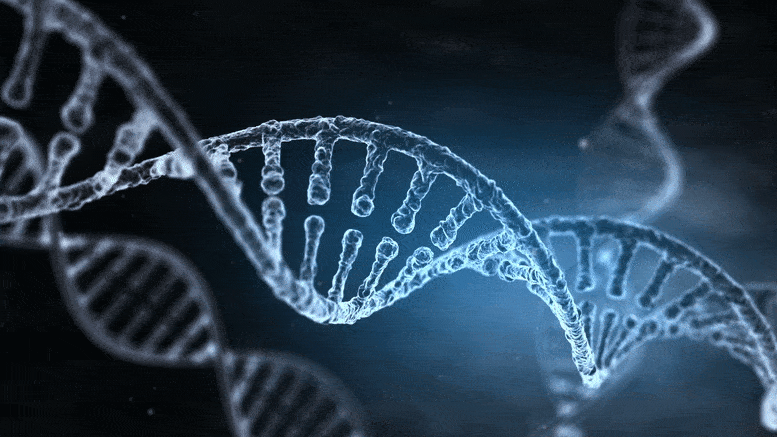
Researchers at the University of Colorado Anschutz find that the overexpression of a gene improves learning and memory in Alzheimer’s.
Alzheimer’s disease is a disease that attacks the brain, causing a decline in mental ability that worsens over time. It is the most common form of dementia and accounts for 60 to 80 percent of dementia cases. There is no current cure for Alzheimer’s disease, but there are medications that can help ease the symptoms.

Dr. Campisi has been at the forefront of studying cellular senescence for decades, revealing the mysteries of these not-exactly-dead cells and their role in many diseases of aging. In this episode, she joins her colleague Gordon to discuss the characteristics and function of senescent cells, as well as promising interventions on the horizon. Judy also describes how to get lucky in science by being prepared to see the unexpected.
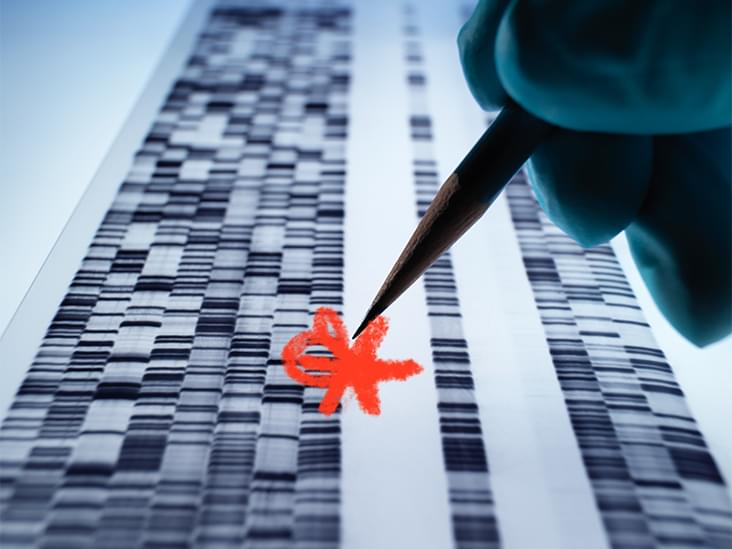
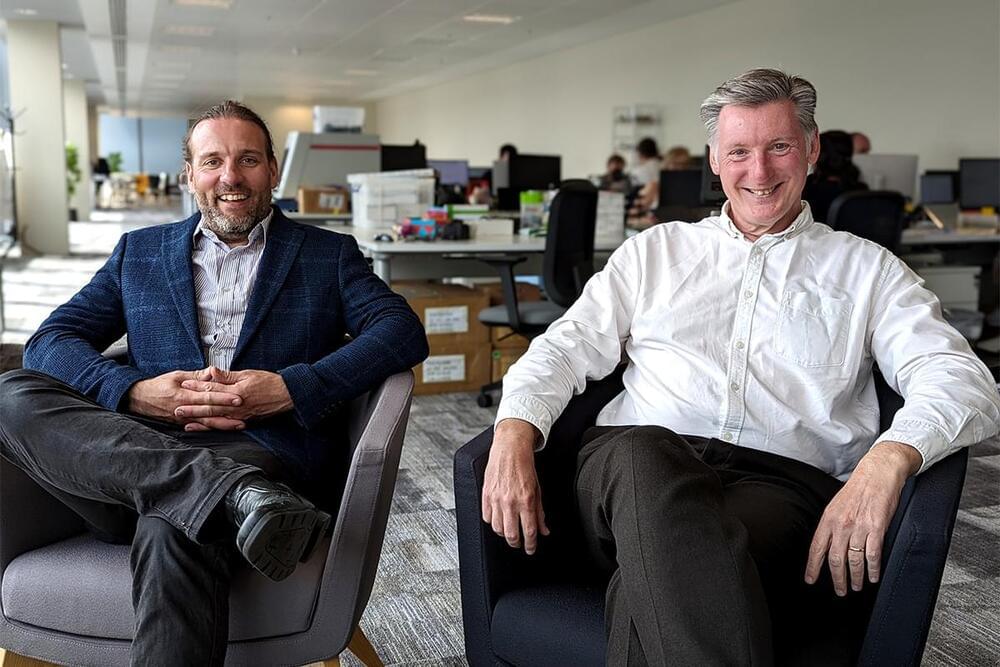
DISCLOSURE: Longevity. Technology (a brand of First Longevity Limited) has been contracted by the company featured in this article to support its current funding round. Qualifying investors can find out more via the Longevity. Technology investment portal.
MedTech start-up Occuity has received a £343,000 Innovate UK Biomedical Catalyst (BMC) Award to fund the next stage of the development of its innovative AGE reader: an optical medical device that will enable non-invasive screening of diabetes in non-clinical settings such as opticians and pharmacies.
Biomedical Catalyst is the flagship Innovate UK grant funding competition for supporting UK health & life sciences SMEs. It supports the development of innovative solutions to health and healthcare challenges by providing financial support to accelerate the route to commercialisation.